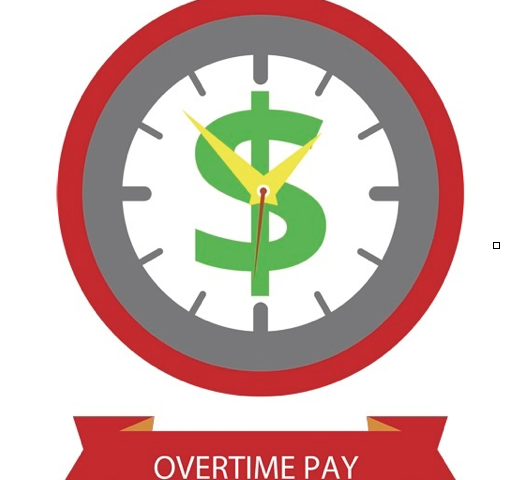
Patching Holes In Your Leadership Structure
September 25, 2019
Connecting Small Companies To Big business Solutions
October 8, 2019After many months of discussion, the Department of Labor has issued a new salary threshold for the Fair Labor Standards Act (FLSA) overtime exemption for executive, administrative and professional employees. Effective January 1, 2020 the salary test will increase from $23,660 to $35,568 annual salary. What does this mean to you, as an employer?
- To be exempt from overtime requirements as of January 1, an employee must be paid at least $35,568 annual salary ($684 weekly, $17.10 hourly).
- The employee must also pass the “job duties” test which has three criteria:
- The employee’s primary duty must be in a “management” role, i.e. supervising at least two employees, as well as having the authority to hire and fire employees.
- The employee’s primary duty must be performing office or non-manual work directly related to the management of the company and exercise discretion and independent judgment with respect to matters of significance.
- The employee’s primary duty must be to perform work requiring advanced education or certification.
- The employee must receive a pre-determined amount every pay period regardless of how many hours are actually worked.
Here are some additional things that you need to know about overtime regulations
- “Salaried” does not mean exempt from overtime!
- Non-exempt employees include anyone who is paid on an hourly basis but some salaried employees may also be non-exempt based on job duties.
- Non-exempt employees must be paid 1.5 times their regular hourly rate for any time they work in excess of 40 hours in a workweek. Hours worked do not include paid time off (sick, vacation, holidays, etc.).
- Non-exempt employees may not “waive” overtime when they work more than 40 hours in a workweek.
- Employees must be paid for overtime that was worked even if it wasn’t approved in advance. Unauthorized overtime should be documented as a disciplinary issue.
- Public sector employers may grant compensatory time when a non-exempt employee works more than 40 hours in a workweek, but private-sector employers may not do so.
Now is a good time to review your current job descriptions and practices to make sure that your employees are classified correctly as exempt or non-exempt and that you are paying overtime correctly. You may also need to increase the annual salary for some managerial or professional employees to maintain the overtime exemption.
An HR professional can help you with all of your human resources needs. From hiring the right employees, running background checks, creating employee handbooks that include anti-harassment policies and procedures, and so much more, Next Level Solutions can work with you to provide the services that you need to run your business.
Don’t risk being out of compliance or letting your employee handbook become obsolete; contact Next Level Solutions to see how we can become your human resources partner.


